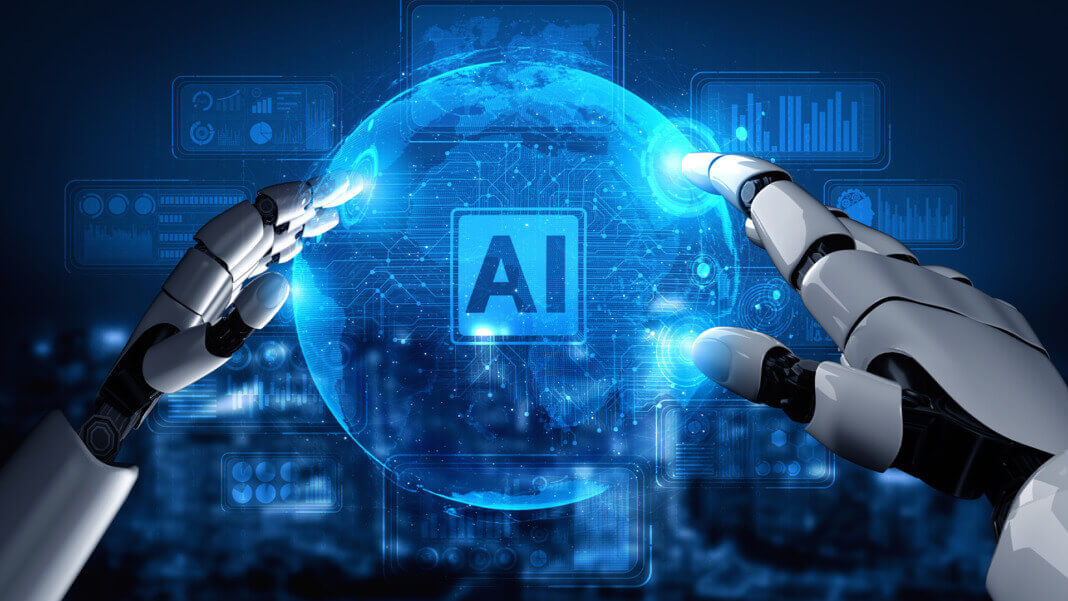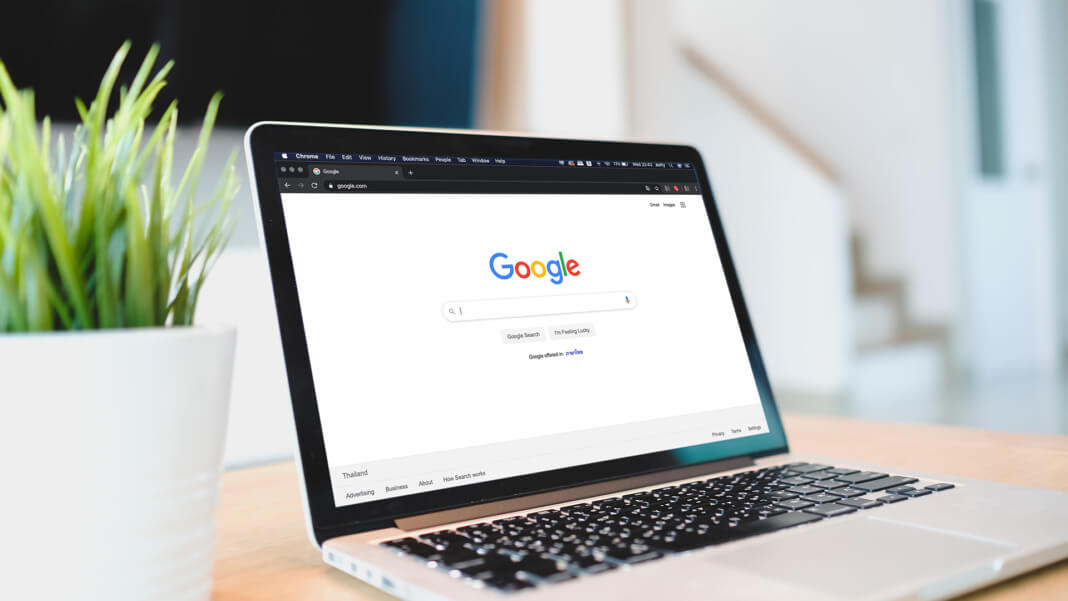The United Nations made headlines on Thursday when Secretary-General António Guterres revealed the formation of a new advisory committee. This 39-person team will focus on navigating the complex issues surrounding the global governance of artificial intelligence (AI).
Who’s on the team?
The committee blends tech industry leaders, government officials, and scholars. These experts hail from various parts of the world, including the United States, Russia, and Japan. High-profile tech executives like Sony’s Chief Technology Officer Hiroaki Kitano, OpenAI’s CTO Mira Murati, and Microsoft’s Chief Responsible AI Officer Natasha Crampton are among those representing the tech sector.
The committee is truly global, featuring voices from six continents. It includes specialists like U.S.-based AI expert Vilas Dhar, Professor Yi Zeng from China, and Mohamed Farahat, a lawyer from Egypt.
Why it matters
In his announcement, Secretary-General Guterres emphasised the dual nature of AI. “The transformative potential of AI for good is difficult even to grasp,” he noted. However, Guterres also warned against the darker possibilities. “And without entering into a host of doomsday scenarios, it is already clear that the malicious use of AI could undermine trust in institutions, weaken social cohesion and threaten democracy itself,” he added.
This comes at a time when interest in AI technologies like ChatGPT, launched by OpenAI last year, is skyrocketing. The growing influence of such technologies has prompted experts to express concerns about their societal impact.
What’s next?
The UN’s new advisory committee isn’t wasting any time. They plan to release an initial set of recommendations by the close of this year, followed by a more comprehensive guide by the summer of 2024. Immediate priorities involve forging a worldwide scientific agreement on the risks and opportunities associated with AI. The UN also aims to bolster international collaboration on AI policy and regulation.
The inaugural meeting of this pivotal committee is scheduled for October 27, marking the first step in what promises to be a long but crucial journey towards responsible AI governance.





